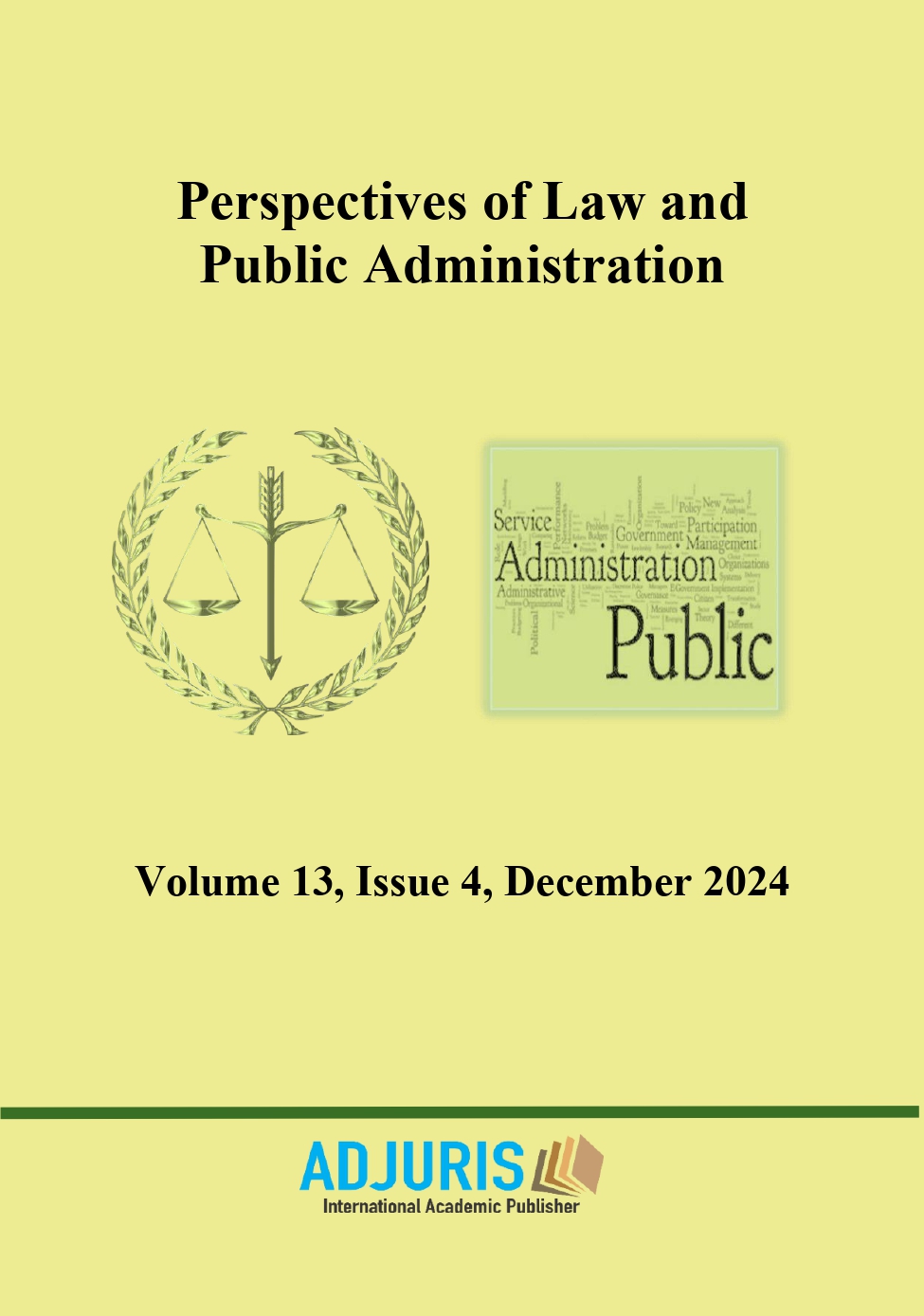Res Judicata and the Principle of Effectiveness of European Law: A (Sometimes) Difficult Encounter?
Res Judicata and the Principle of Effectiveness of European Law: A (Sometimes) Difficult Encounter?
Author(s): Anamaria GrozaSubject(s): Law, Constitution, Jurisprudence, EU-Legislation, Court case
Published by: Societatea de Stiinte Juridice si Administrative
Keywords: res judicata; authority of res judicata; power of res judicata; effectiveness of EU law; supremacy of EU law;
Summary/Abstract: The res judicata produced by court judgments in EU Member States has sometimes been called into question by the CJEU, in order to ensure the effete utile of Union law. The judgment delivered by the Court following a preliminary reference by the Brașov Court of Appeal must be understood in this perspective. The Court’s reasoning is interesting because it expresses the fine balance between respecting the effects of a final judgment of national courts and the useful effect of EU law, helping to understand the Court’s view on the interplay of the two principles. On this occasion, the CJEU recalled the rule derived from its previous judgments that the referring court must apply the Court’s interpretation, even if the fulfilment of this obligation would amount to leaving unapplied a national rule which obliges the referring court to comply with the decisions of a higher court, including constitutional ones. Although the CJEU tends to generalise the principle of effectiveness of Union law as a derogation from res judicata, the Luxembourg court is also concerned with reducing the negative impact on the scope of the res judiciata at the domestic level, by setting out criteria of assessment left to the national courts. We seek to discover these criteria on the basis of descriptive and explanatory research, accompanied by relevant case law.
Journal: Perspectives of Law and Public Administration
- Issue Year: 13/2024
- Issue No: 4
- Page Range: 654-662
- Page Count: 9
- Language: English

